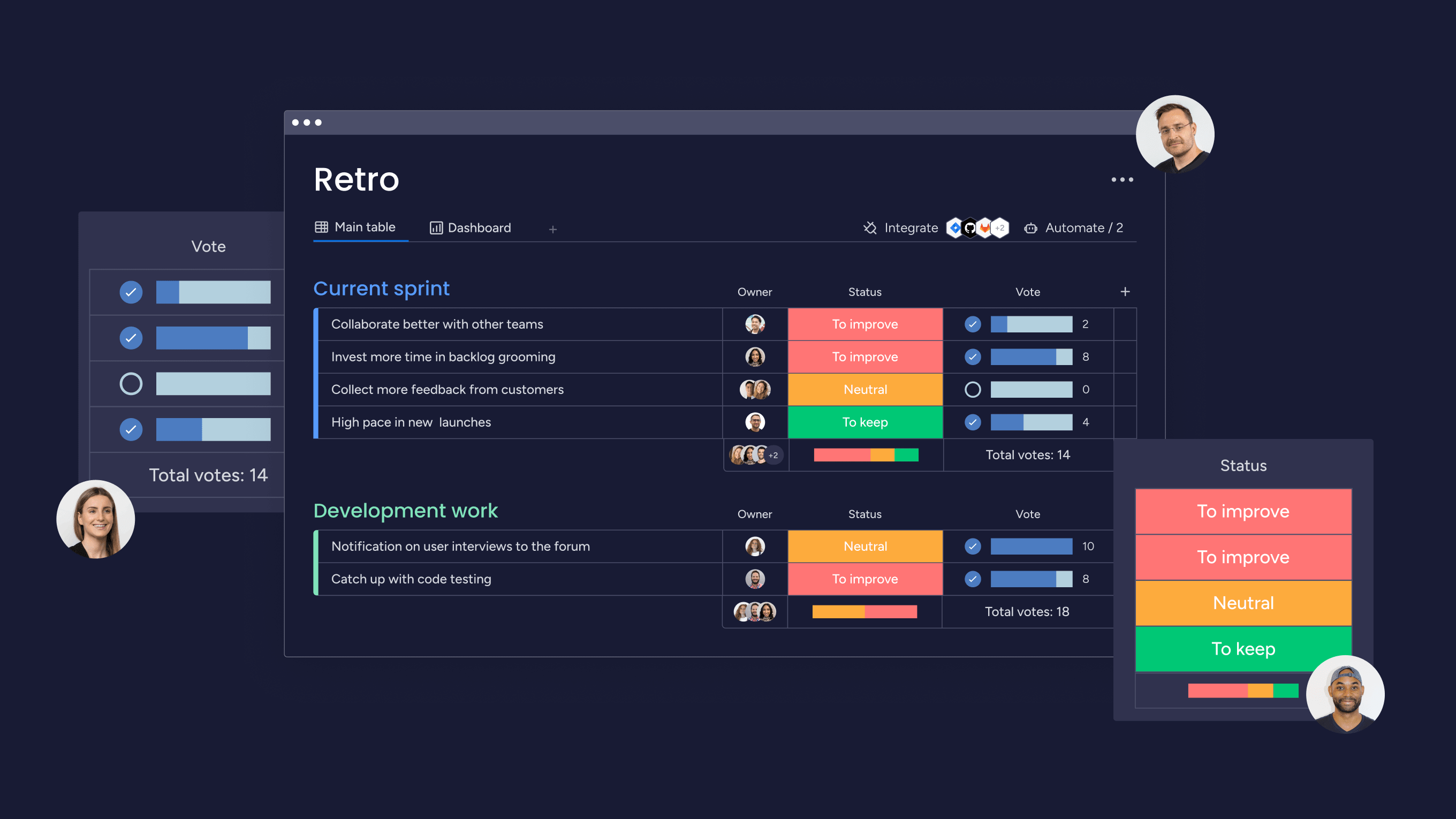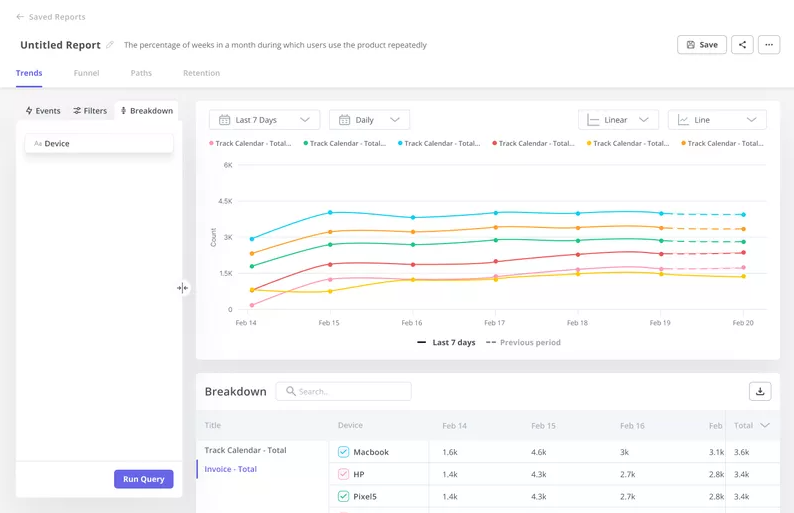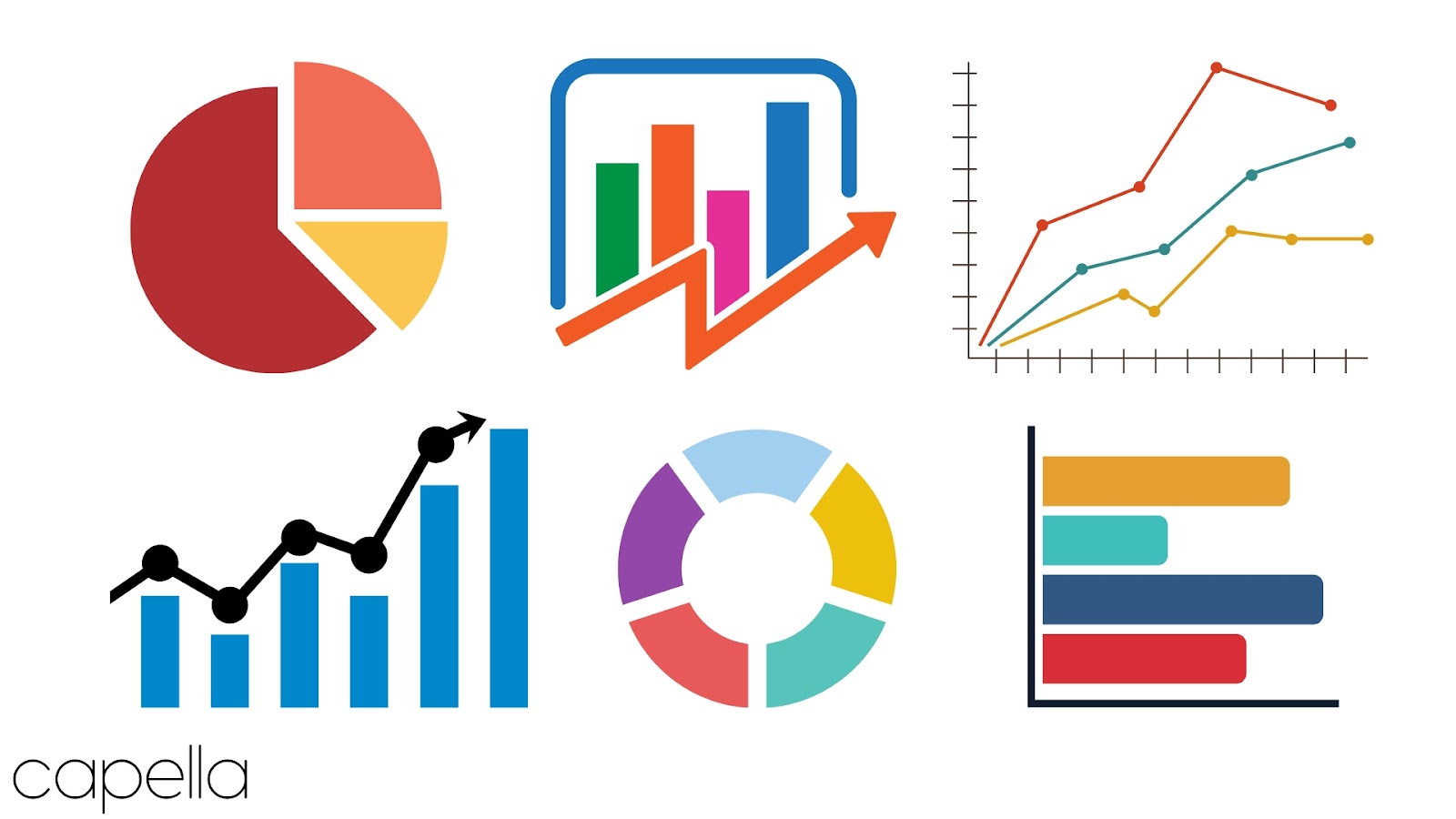SoundCloud's AI Training Policy: A Deep Dive into User Rights and Platform Ethics
SoundCloud has quietly updated its terms of use, now permitting the company to train artificial intelligence (AI) on audio content uploaded by its users. This policy shift has ignited discussions surrounding user rights, data privacy, and the ethical considerations of AI development within the music platform ecosystem.
The Policy Change: A Closer Look
As initially highlighted by tech ethicist Ed Newton-Rex, the revised terms of service include a clause that explicitly grants SoundCloud the right to utilize uploaded content to “inform, train, [or] develop” AI technologies.
The updated terms, effective as of February 7, state:
“You explicitly agree that your Content may be used to inform, train, develop or serve as input to artificial intelligence or machine intelligence technologies or services as part of and for providing the services.”
This change empowers SoundCloud to leverage user-generated audio for a variety of AI-driven applications, raising questions about the extent of this usage and its potential impact on artists.
Exceptions and Licensing Agreements
The terms include an exception for content governed by “separate agreements” with third-party rights holders, such as record labels. SoundCloud maintains licensing agreements with numerous indie labels and major music publishers, including Universal Music and Warner Music Group. These agreements likely dictate specific terms regarding the use of content for AI training.
Lack of Explicit Opt-Out
Currently, there is no readily apparent opt-out option within SoundCloud's settings menu, leaving users with limited control over whether their content is used for AI training purposes. This absence of a clear opt-out mechanism has fueled concerns among creators who wish to retain control over their work.
SoundCloud's Embrace of AI
SoundCloud, like many other prominent creator platforms, is increasingly integrating AI technologies into its services. This move reflects a broader trend in the tech industry, where AI is being leveraged to enhance user experiences, personalize content, and streamline operations.
In the past year, SoundCloud has partnered with several vendors to introduce AI-powered tools for remixing, vocal generation, and custom sample creation. In a blog post last fall, SoundCloud emphasized that these partners would have access to content ID solutions to ensure proper credit and compensation for rights holders, while also pledging to uphold ethical and transparent AI practices that respect creators’ rights.
Industry-Wide Trend
SoundCloud's policy change aligns with a growing trend among content hosting and social media platforms to permit AI training, both internally and by third parties. Several platforms have recently updated their policies to accommodate AI development:
- X (formerly Twitter): In October, Elon Musk's X updated its privacy policy to allow external companies to train AI models using user posts.
- LinkedIn: Last September, LinkedIn amended its terms to allow the platform to scrape user data for AI training purposes.
- YouTube: In December, YouTube began allowing third parties to train AI on user-generated video clips.
User Backlash and Ethical Concerns
These policy changes have faced significant criticism from users who advocate for opt-in AI training policies, ensuring that creators are credited and compensated for their contributions to AI training datasets. The debate centers on the balance between technological advancement and the rights of content creators.
SoundCloud's Response
In response to the concerns raised, a SoundCloud spokesperson provided the following statement:
“SoundCloud has never used artist content to train AI models, nor do we develop AI tools or allow third parties to scrape or use SoundCloud content from our platform for AI training purposes. In fact, we implemented technical safeguards, including a ‘no AI’ tag on our site to explicitly prohibit unauthorized use.The February 2024 update to our terms of service was intended to clarify how content may interact with AI technologies within SoundCloud’s own platform. Use cases include personalized recommendations, content organization, fraud detection, and improvements to content identification with the help of AI technologies.
Any future application of AI at SoundCloud will be designed to support human artists, enhancing the tools, capabilities, reach, and opportunities available to them on our platform. Examples include improving music recommendations, generating playlists, organizing content, and detecting fraudulent activity. These efforts are aligned with existing licensing agreements and ethical standards. Tools like [those from our partner] Musiio are strictly used to power artist discovery and content organization, not to train generative AI models.
We understand the concerns raised and remain committed to open dialogue. Artists will continue to have control over their work, and we’ll keep our community informed every step of the way as we explore innovation and apply AI technologies responsibly, especially as legal and commercial frameworks continue to evolve.”
Implications and Future Outlook
SoundCloud's updated AI training policy highlights the complex intersection of technology, law, and ethics in the digital age. As AI continues to evolve, platforms and creators must engage in open dialogue to establish clear guidelines and ensure that the rights and interests of all parties are protected.
Key Considerations for Users
Here are some key considerations for SoundCloud users in light of the updated AI training policy:
- Review the Terms of Service: Familiarize yourself with the specific details of SoundCloud's terms of service regarding AI training and data usage.
- Understand Licensing Agreements: If your content is subject to licensing agreements with record labels or other rights holders, understand how those agreements may impact the use of your content for AI training.
- Stay Informed: Keep abreast of any further updates or clarifications from SoundCloud regarding its AI policies and practices.
- Engage in Dialogue: Participate in discussions and provide feedback to SoundCloud and other platforms regarding your concerns and expectations for AI ethics and user rights.
The Future of AI and Content Creation
The integration of AI into content creation platforms presents both opportunities and challenges. By addressing ethical concerns and prioritizing user rights, platforms can foster a more equitable and sustainable ecosystem for creators and AI developers alike. The ongoing dialogue and collaboration between stakeholders will be crucial in shaping the future of AI in the music industry and beyond.
Potential Benefits of AI Integration
Despite the concerns, AI integration can offer several potential benefits to SoundCloud users:
- Enhanced Content Discovery: AI algorithms can improve music recommendations, making it easier for users to find new artists and tracks.
- Personalized Playlists: AI can generate customized playlists based on user preferences, enhancing the listening experience.
- Improved Content Organization: AI can help organize and categorize content, making it easier for users to manage their libraries.
- Fraud Detection: AI can detect and prevent fraudulent activity, protecting users from scams and copyright infringement.
The Importance of Transparency
Transparency is paramount in building trust between platforms and users. SoundCloud and other platforms should provide clear and accessible information about how AI is being used, what data is being collected, and how users can control their data. Open communication and a commitment to ethical practices are essential for fostering a positive relationship between creators and AI technologies.
Conclusion
SoundCloud's updated AI training policy marks a significant development in the ongoing debate about AI ethics and user rights. While the platform asserts its commitment to supporting artists and enhancing user experiences, concerns remain about transparency, control, and compensation. By engaging in open dialogue and prioritizing ethical practices, SoundCloud and other platforms can navigate the complexities of AI integration and create a more equitable and sustainable future for content creation.













